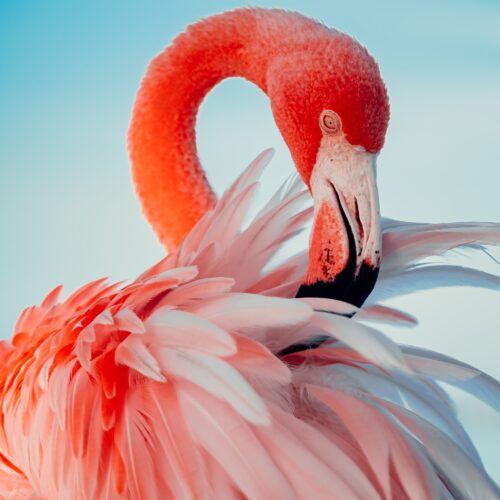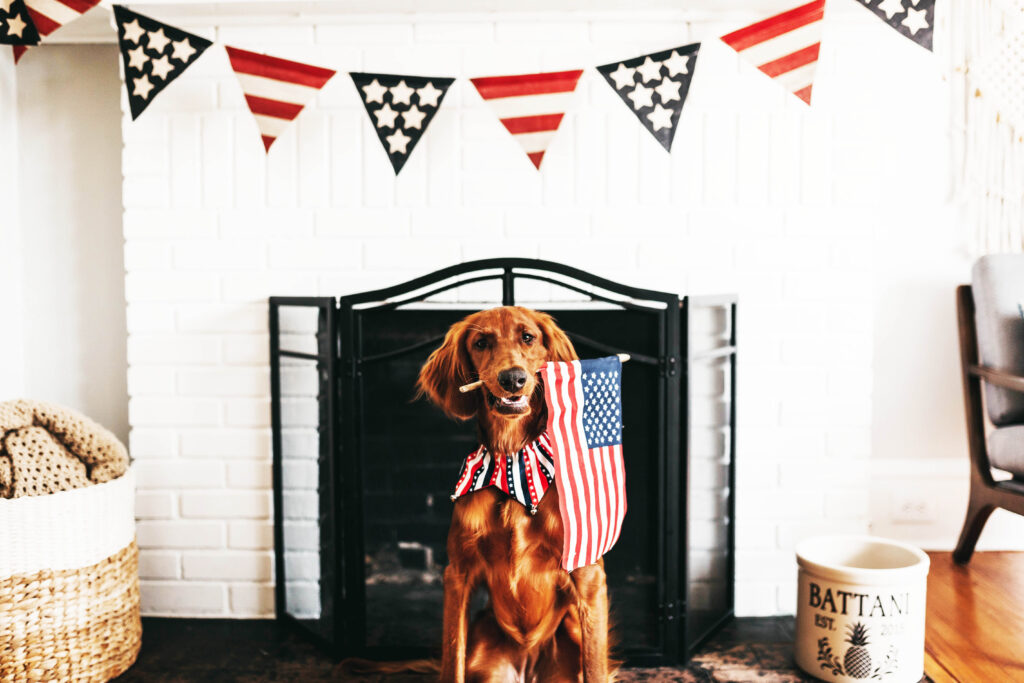
Minimizing the Impact of Fireworks on Pets and Wildlife While Celebrating Independence Day
July 4th is a day of celebration in the United States, marked by festivities such as parades, barbecues, and fireworks displays.
While these events can be enjoyable for humans, they can be extremely stressful and frightening for pets and animals. Loud noises and bright lights from fireworks can cause pets to panic, run away, or injure themselves.
As animal owners, it’s essential to take precautions to ensure the safety and well-being of your pets during this time.
We have listed some safety tips for animal owners to keep their pets safe during July 4th fireworks.
Here are some safety tips for animal owners to keep their pets safe:
- Keep pets indoors: The loud noises and bright lights from fireworks can be very scary for pets. It’s best to keep them indoors, preferably in a quiet and secure room where they can’t escape.
- Create a safe space: If your pet is particularly anxious with loud sounds, create a safe space for them. This can be a crate, a closet, or a quiet room with a comfortable bed, some toys, and water.
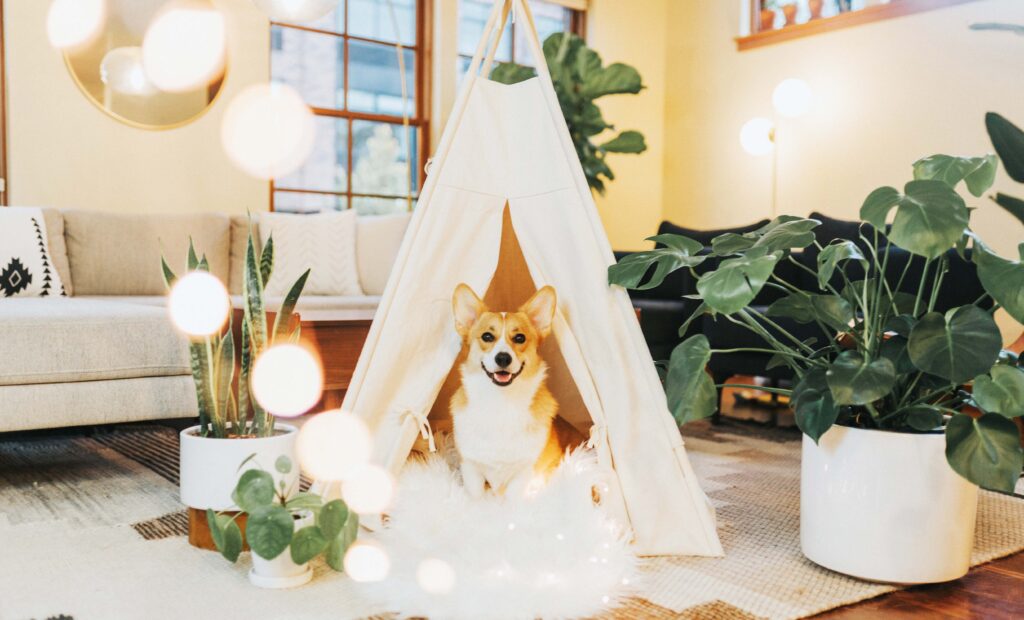
- Provide distractions: If your pet gets anxious during the evening, provide them with some distractions. This can be in the form of a treat puzzle, a favorite toy, or even some calming music.
- Ensure identification: MOST IMPORTANT! Make sure your pet has identification in case they escape. This can be in the form of a collar with a tag or a microchip. If your pet does escape, it will be easier for someone to identify them and return them to you.
- Avoid taking your pet to fireworks displays: Fireworks displays are not pet-friendly environments. The loud noises and crowds can be overwhelming for pets, and they may get scared and run away.
- Consider medication: If your pet is particularly anxious with loud sounds, talk to your vet about medication that can help calm them down. However, make sure to follow the vet’s instructions carefully and only give the medication if necessary.
- Stay with your pet: If you must be outside with your pet during fireworks, stay with them at all times. This will help reassure them and prevent them from running away.
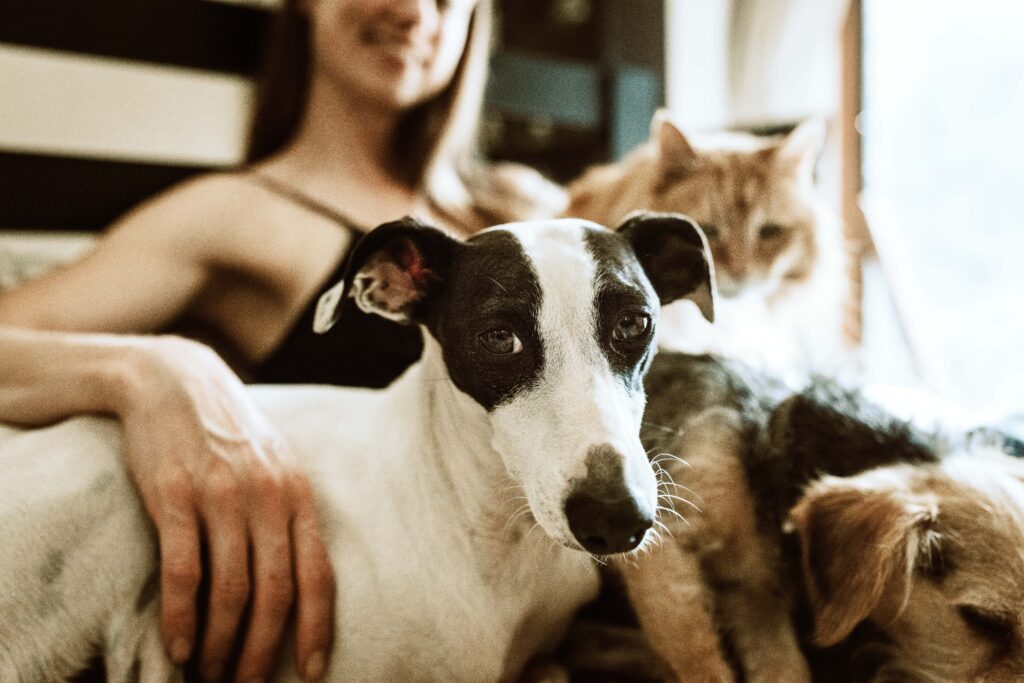 Did you know?
Did you know?
July 4th fireworks are not only pets and animals affected by the loud noises and bright lights. They can also affect wildlife, such as birds and deer.
The loud noises can cause birds to fly off in confusion or injure themselves, while deer may become disoriented and run onto roads. The bright lights can also disrupt the natural nocturnal behavior of wildlife.
It’s essential to be mindful of the impact of these on pets and nature and take necessary precautions to minimize the risks.
A little history:
Fireworks in the United States date back to the country’s founding in 1776. The first Independence Day celebrations included parades, speeches, and fireworks displays.
The tradition of using fireworks to celebrate July 4th continued to grow throughout the 19th century, and by the early 20th century, fireworks had become a central part of the holiday.
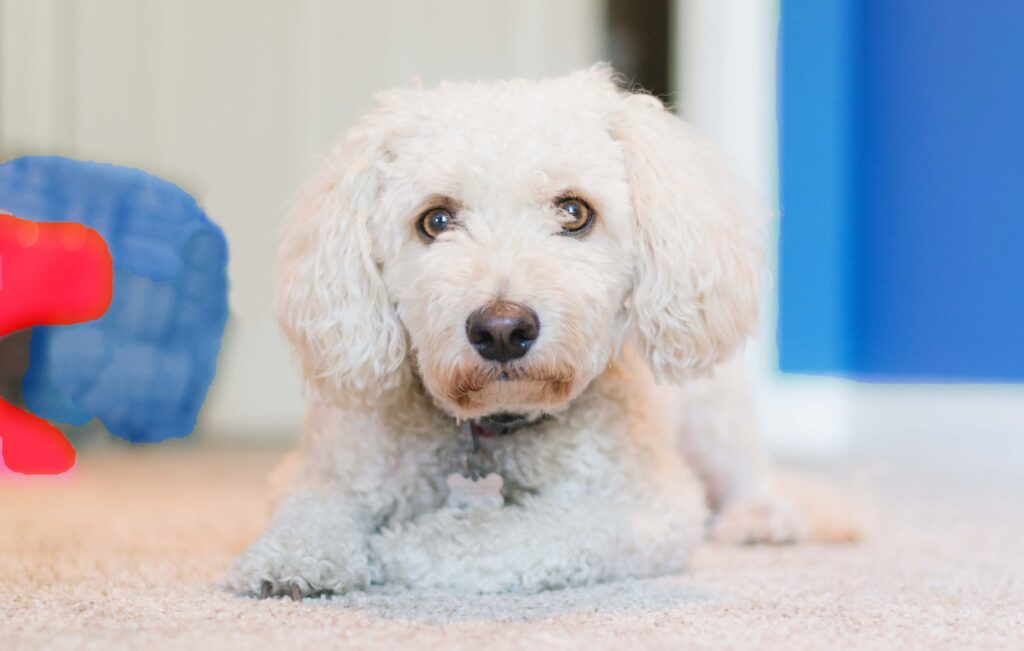 While these exploding illuminations were initially simple and small, they became more elaborate and impressive over time. In the 1950s and 1960s, new developments in pyrotechnics technology made it possible to create larger and more elaborate fireworks displays, and the use of computerized choreography allowed for precise timing and synchronization of the explosions.
While these exploding illuminations were initially simple and small, they became more elaborate and impressive over time. In the 1950s and 1960s, new developments in pyrotechnics technology made it possible to create larger and more elaborate fireworks displays, and the use of computerized choreography allowed for precise timing and synchronization of the explosions.
Along with the growth came concerns about their safety and impact on the environment. They can cause injuries and property damage, and they also generate smoke, debris, and noise pollution.
In response, some communities have banned or restricted the use of them, while others have adopted measures to minimize their impact, such as using environmentally friendly fireworks and limiting the duration and location of displays.
Despite the concerns, they continue to be a beloved part of July 4th celebrations in the United States. With proper precautions and consideration for the safety and well-being of pets and wildlife, illumination displays can be enjoyed by all.


